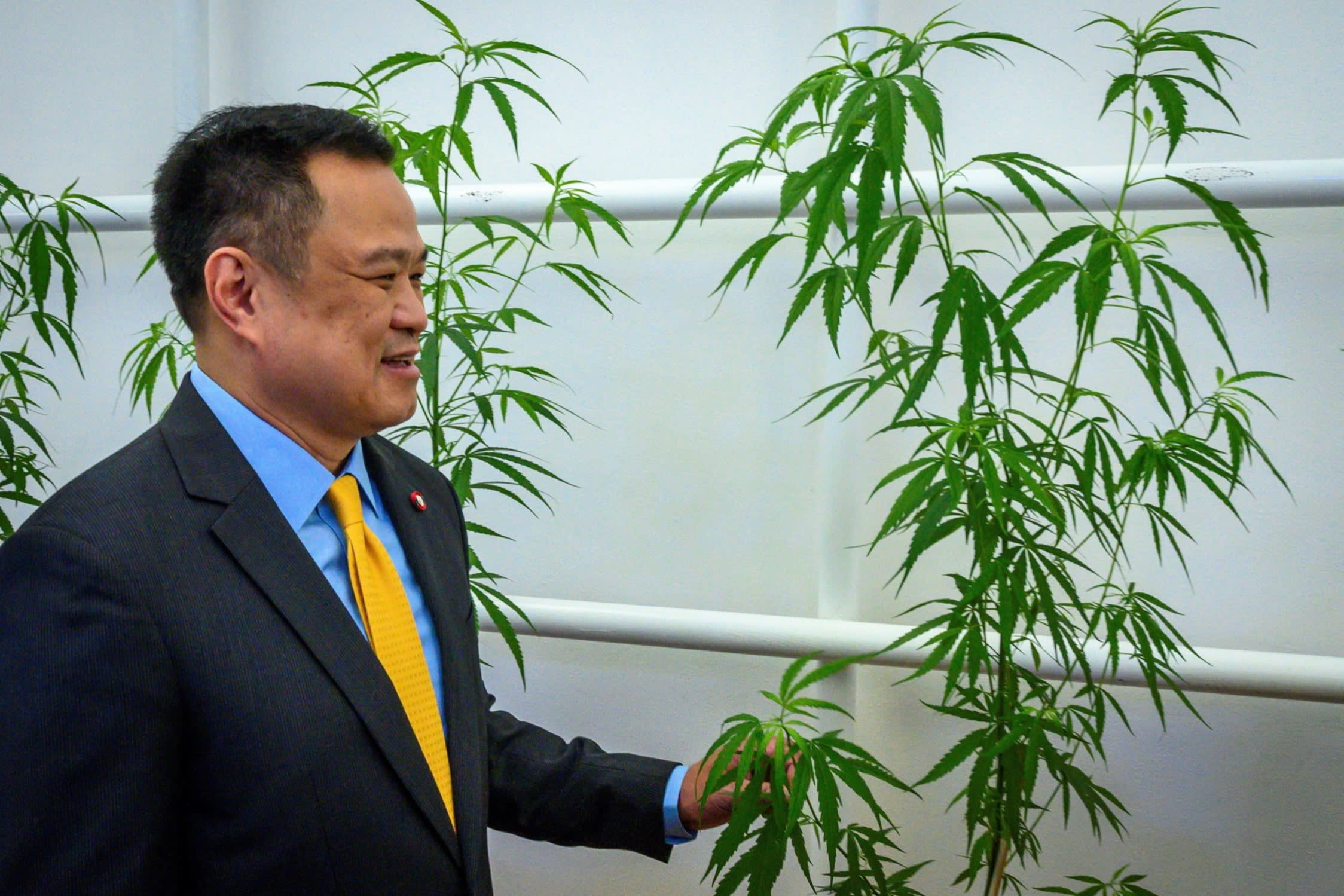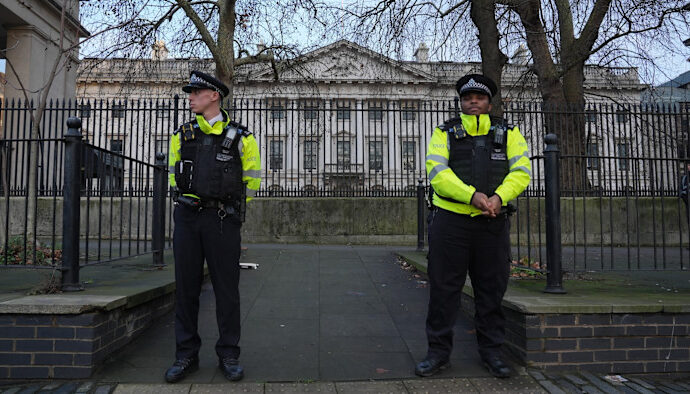Unlock the Editor’s Digest for free
Roula Khalaf, Editor of the FT, selects her favourite stories in this weekly newsletter.
Thai lawmakers are set to vote for a new prime minister on Friday, with a former businessman known as the “cannabis king” expected to become the country’s third prime minister in a year.
Anutin Charnvirakul, from a family that owns a major construction company and who has been kingmaker in Thailand for the past decade, is best known for his support for the decriminalisation of cannabis.
He stands to inherit a country where five prime ministers have been removed by the judiciary over the past 17 years, and whose economy has struggled to regain momentum after the Covid-19 pandemic.
The vote follows the ousting last week of former prime minister Paetongtarn Shinawatra by Thailand’s constitutional court after it found her guilty of ethics violations.
The ruling marked the latest blow for Thailand, which has been wracked by political and economic strife during Paetongtarn’s 10-month premiership. Its trade- and tourism-dependent economy faces 19 per cent “reciprocal” tariffs from the US, its largest export market, and GDP growth has slowed.
Under Thai law, only candidates for prime minister registered by their parties before the last election — which was in 2023 — are eligible to hold the post.
Anutin, whose Bhumjaithai party, or Pride of Thailand, is the third-largest in parliament, struck a deal this week with the opposition People’s party, the largest political group, which should give him enough votes in the lower house to win.
As part of that pact, Anutin has vowed to dissolve parliament within four months and call a general election.
Thailand is locked in “a recurrent pattern of elections leading to crises”, said Thitinan Pongsudhirak, a political scientist at Chulalongkorn University in Bangkok. “The turmoil continues.”
The People’s party, formerly known as Move Forward, received the most votes in the 2023 election but was blocked from power and its leader barred from politics for a decade because of the party’s calls to reform the royal defamation law. While the People’s party will vote for Anutin, it will not join the new government.
Anutin, 58, a conservative and staunch royalist, served as Paetongtarn’s deputy and interior minister as part of the coalition government. He and his party previously supported the government of former junta leader Prayuth Chan-ocha.
Health minister during the pandemic, Anutin was a strong backer of Thailand’s 2022 move to decriminalise marijuana though he has since supported efforts for more regulation.

His elevation would be a blow to the populist Pheu Thai party, which has dominated Thai politics for two decades under the patronage of Paetongtarn’s father, Thaksin Shinawatra.
A billionaire telecoms magnate, Thaksin served as prime minister from 2001 to 2006 until he was removed from power by the military, and later spent 15 years in self-imposed exile avoiding graft charges.
Paetongtarn was suspended from office in July following the revelation of a phone call with the former prime minister and Cambodia’s former leader Hun Sen, in the run-up to deadly border clashes.
During the call, which was leaked by Hun Sen, Paetongtarn called him “uncle” and blamed Thailand’s military for escalating tensions, drawing accusations of undercutting Thai sovereignty. She apologised but explained her behaviour as a negotiating tactic.
Thaksin, 76, was acquitted last month in a separate case in which he was accused of defaming Thailand’s monarchy. Late on Thursday, Thaksin left Thailand for Dubai. He faces another court hearing on Tuesday related to his detention in hospital last year.
Pheu Thai on Thursday put forward its only remaining prime minister candidate, Chaikasem Nitisiri, 77, a party grandee, and pledged to dissolve parliament immediately if he was elected.
“Bhumjaithai will spend the budget . . . to pave the way for advantages in the next election,” said Thitinan. “So Pheu Thai is fighting tooth and nail to prevent Bhumjaithai from forming the government.”
To the Thai public, Paetongtarn’s conduct “disgraced” the once-powerful clan, said Thitinan. “The family name is in terminal decline.”


